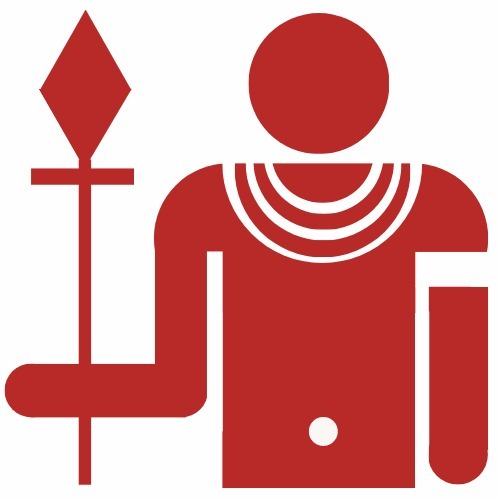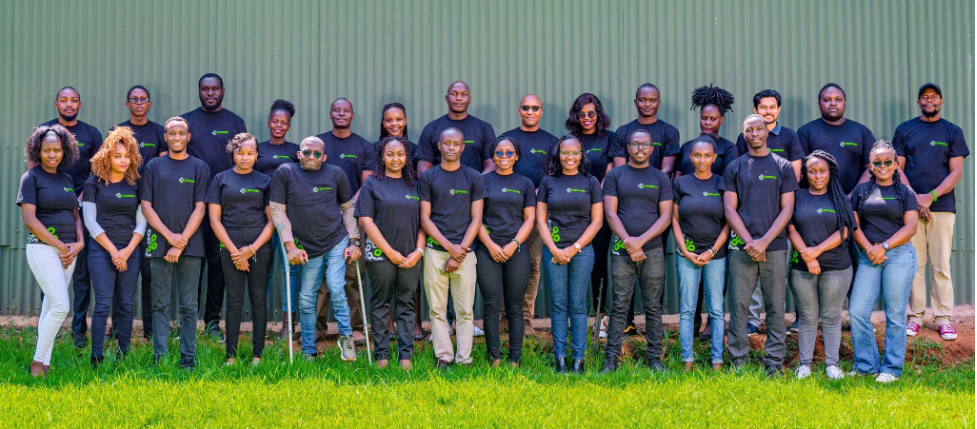Kenyan- based embedded finance Fintech Pezesha has raised a pre-series A investment of $11 Million to grow its embedded finance platform. The round was a mix of $6 million equity and $5 million debt.
The funding round which was led by Women’s World Banking Capital Partners II (WWBCP II) is aimed at scaling the companies operations in its core markets and grow into new markets within Sub Sahara Africa.
Hilda Moraa the founder of Pezesha commented : “ We are excited about attracting institutional investors led by the Women’s World Banking Capital Partners II to harness our growth plans and push our mission to the next level. We are equally excited that WWBCP II intentionally invests in women, which allows us to cement inclusivity in our growth plans as a sustainable path towards our vision of building Africa’s MSME lending infrastructure.
Additionally, this round has brought together strategic investors who underpin the fundamentals of financial inclusion in their thesis and we believe these combined experiences will help us accelerate and enable millions of MSMEs across African value chains to access affordable working capital.”
Pezesha offers a B2B digital lending infrastructure focused on providing affordable working capital to financially excluded SMEs in Sub-Saharan Africa. This sector is estimated to face a $328 Billion financing gap.
Pezesha was founded in 2017 by Hilda Moraa, a 2nd time Fintech entrepreneur who successfully exited her first Fintech business in 2015. Pezesha will use the proceeds of this investment to grow its presence in East Africa and expand its digital lending infrastructure to the West African market.
Headquartered in Kenya, Pezesha has been focused on solving hard infrastructure problems that exclude MSMEs in the “missing middle”. By bridging the MSME information gap and mending fragmented value chains, Pezesha has become a leader in Embedded Finance in Africa, offering productive credit to tech-enabled platforms such as Twiga Foods, Jumia and Marketforce among dozens of others.
Partners integrate seamlessly with Pezesha’s APIs and offer credit among other financial services to their merchant network at the point of sale. Pezesha’s credit scoring APIs act as the engine of a simple but robust process where MSMEs receive real time loan offers to purchase stock and pay later.
Pezesha also offers financial literacy courses and debt counseling to MSMEs who do not qualify for loans in order to improve their credit scoring and ensure responsible borrowing as they grow within the Pezesha financial ladder.
In the last 2 years Pezesha has grown the value of its disbursements over 2,000% through disbursement of more than 100,000 loans to MSMEs in Kenya, Uganda, and Ghana.
“We’re excited to join Pezesha’s journey,” said Christina “CJ” Juhasz, Chief Investment Officer, Women’s World Banking Asset Management. “Pezesha is dedicated to solving Africa’s working capital problem through its robust lending infrastructure and this investment will allow them to deepen the range of financial products offering especially to women owned MSMEs. We look forward to teaming up with Pezesha as it drives financial inclusion in Africa and continues to increase the number of women served in its business ecosystem.”
WWBCP II is the second gender-lens investment fund established by US-based non-profit organization Women’s World Banking and managed by WWB Asset Management. The fund aims to close the gender gap by investing in high-performing financial service providers that serve low-income women with a dedicated technical assistance facility to help portfolio companies achieve strategic objectives toward gender inclusion. Other strategic investors who joined the round include Verdant Frontiers Fintech Fund (an early stage African Fintech Fund focused on accelerating financial inclusion), cFund and IOG, ventures investing in innovations layering blockchain infrastructure, Talanton (values-driven private impact investment fund) and Verdant Capital Specialist Funds investing debt in this round.
Pezesha is also opening up the debt liquidity market by working with strategic institutional investors such as IOG-Cardano. Through this partnership, the company can access affordable capital by layering DeFi liquidity channels on top of the scalable digital lending infrastructure.
Co-founder of IOG and Cardano, Charles Hoskinson: “I’m delighted to announce our investment in Pezesha. Facilitating the movement of capital into emerging markets to support economic growth and job creation is a core promise of blockchain and cryptocurrencies. Our vision is centered on using technology to make it easier for people across the globe to borrow and lend to each other in a regulated way. This investment in Pezesha is an important milestone, and we’re excited to be a part of their growth story.”
“Pezesha is democratizing financial services to the underserved SMEs through its infrastructure that has validated trust, rockstar team and scale. We are allowing distribution models for our partners to grow with little acquisition costs while increasing retention and profitability. We are the tradeshift for Africa. Providing the rails for everyone to offer fintech services from supply chains, cooperatives, payments, e-commerce marketplaces etc by leveraging our lending infrastructure to operate and offer working capital to their customers in an effective and affordable way. In a nutshell, Pezesha has demonstrated the trust of all key stakeholders within its digital ecosystem and the capital markets”, said Moraa.
“Embedded finance is the future. The ability to embed financial services to traditional workflows or processes through tech and automation is estimated to be at $248Bn by 2032. The foundation that Pezesha has built so far is anchored for the future with a talent team at the helm of it.”



